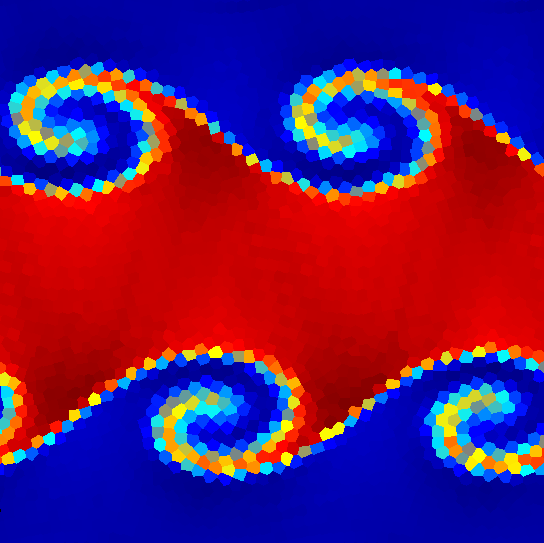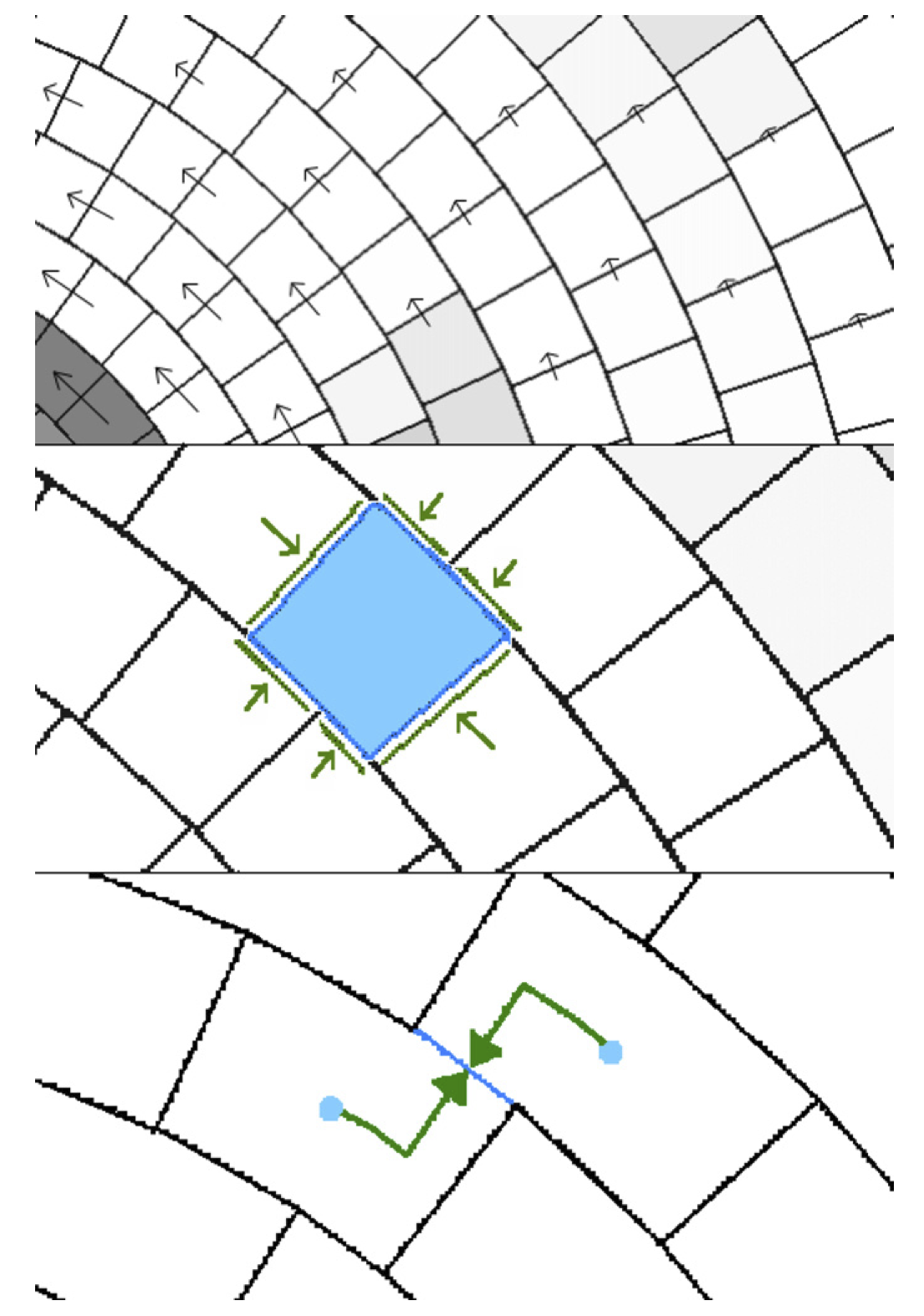This summer, June 13-17 2016 in Campbell room 131, I will be teaching a course entitled "How to Write a Hydro Code". The goal will be for each student to build his or her own hydro code, tailored to individual interests.
This is highly experimental (I've never done this before) and the goal is somewhat ambitious (building a research-grade code in one week) but I think it's always best to aim high.
The course aims to be accessible to undergrads, yet still informative and useful for graduate students and postdocs. At the moment, enrollment is pretty evenly split between these three groups.
There is no official "homework", meaning that all coursework is done in-class, between lectures. I believe it will be much easier to motivate code development if the work is done in the classroom. This will also hopefully motivate collaboration between students.
The final project for the course will be the development of an advanced hydrodynamics code; if students wish, they can team up during the course to develop a single code together.

